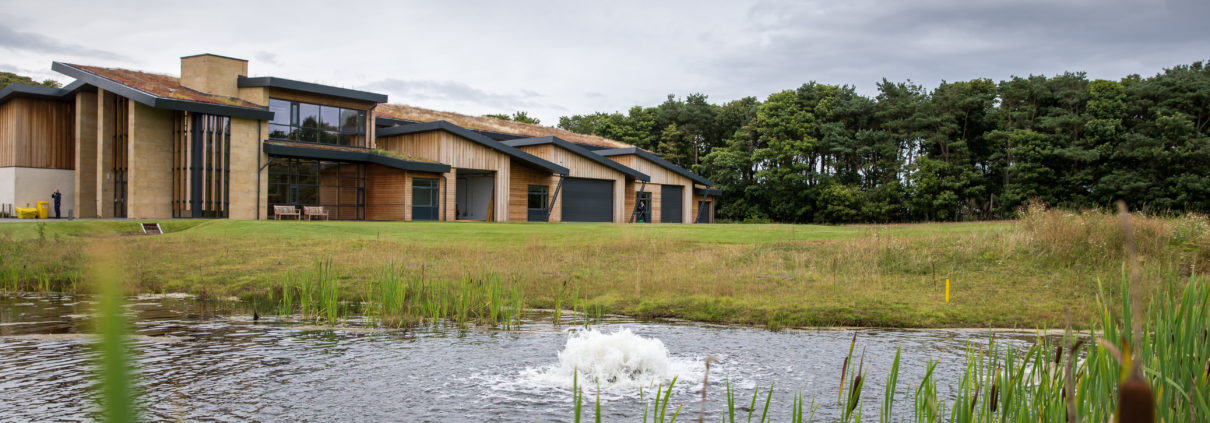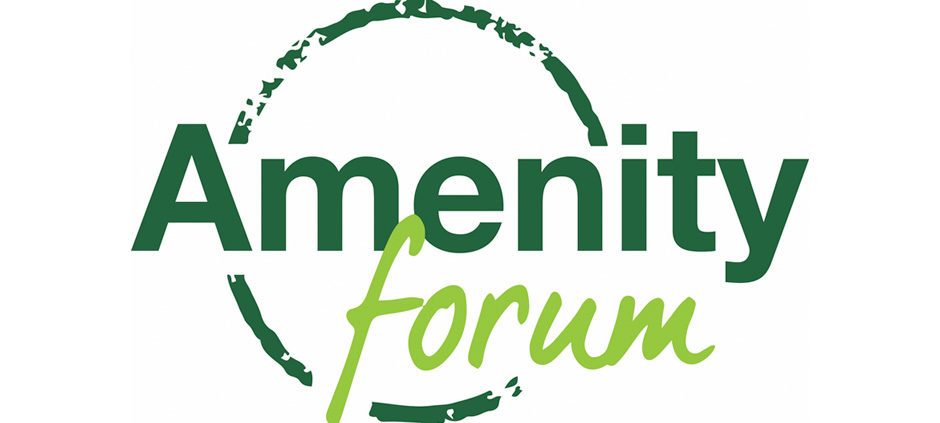Glyphosate Decision Delayed
Glyphosate Decision Delayed: The next step for the Commission will be to table a vote at another SCoPAFF meeting at a future date, to be confirmed. Renewal will require a qualified majority vote (QMV) in the committee.
If this is not reached, the issue could be tabled at the EU Appeals Committee. The current license for glyphosate is until the 15 December 2017.
The UK was one of 16 countries that voted in favour of renewing the licence for the sale of the glyphosate in Europe, while 10 countries voted against renewal and two abstained. It is likely the European Commission will now seek to negotiate a shorter renewal period with EU countries.

Bulgaria, Denmark, Czech Republic, Estonia, Ireland, Spain, Cyprus, Latvia, Lithuania, Hungary, the Netherlands, Poland, Romania, Slovakia, Finland and the UK voted in favour of the renewal.
That falls short of the threshold needed to reach a qualified majority. Germany and Portugal abstained while Belgium, Greece, Croatia, France, Italy, Luxembourg, Malta, Austria, Slovenia and Sweden voted against the renewal.
The European Parliament made a non-binding vote for a phase out by 2022 yesterday after debating whether the herbicide is carcinogenic.
According to research by Oxford Economics, the impact of a ban on glyphosate could lead to severe economic consequences, including a £930m reduction in UK GDP and an additional cost to farmers of almost £1bn a year.
Crop Protection Association chief executive Sarah Mukherjee said: “It is disappointing that some Member States are continuing to ignore the science, risking the livelihoods of European farmers and the continued availability of safe, healthy, affordable food for consumers.
“Independent, expert regulators, around the world all agree that glyphosate is safe. These regulators are public servants who rightly take their duty to protect public health very seriously. Yet politicians are ignoring them, and are doing so for no good reason, other than a misguided, ideological opposition to modern agriculture.
“We urge Member States to grant the standard 15 year licence. Failure to do so risks significant damage to the economy, the environment and the agricultural sector.”
NFU vice president Guy Smith said: “We’re disappointed that member states failed to reach agreement on the renewal of glyphosate’s licence for ten years today, as the Commission had proposed, although we welcome the fact the UK continues to support the full reauthorisation of glyphosate. All eyes are now on the next meeting of this committee where they are likely to debate a shorter reauthorisation period
“The overwhelming weight of science and evidence shows that glyphosate is perfectly safe when used correctly. This has been the conclusion reached by regulatory bodies around the world, including the EU’s two leading regulatory bodies – the European Food Safety Authority (EFSA) and the European Chemicals Agency (ECHA).
“The continued politicisation of this decision damages the credibility of the EU’s regulatory bodies and undermines the regulatory process. It also has huge implications for farming in the UK and across Europe.
“Glyphosate reduces the need to use other herbicides, it helps to protect soil and cut greenhouse gas emissions by reducing the need for ploughing, and it enables farmers in this country to grow crops that help produce safe, affordable, high quality British food.
“There is no reason why glyphosate should not be reauthorised for 15 years, never mind the ten years the Commission had proposed. We would urge members states to look at the science and base their decision on the evidence – which shows there is no reason not to reauthorise glyphosate.”
HTA horticulture head Raoul Curtis-Machin said a ban could impact on the UK, even post-Brexit vote: “It could matter if we are in transition for a couple of years because we will have implemented it before the official leaving date.
“It’s hard to see how it could have a significant impact after we are fully out, but it’s not at all clear what environmental regulations we are going to adopt as UK. No doubt there will be internal pressure on UK to follow suit if the EU does go ahead with a ban.”
Anthea McIntyre MEP said: “The EU’s own public health agency has said there is no evidence to link glyphosate to cancer in humans. The national agencies in 27 member states take the same view.
“We have to base decisions such as this on science and clear evidence, not scaremongering and guesswork.”
“I gather the next step will be for the Commission to hold another vote in November, but that is just weeks before glyphosate’s licence in Europe expires on December 15.
“The delay is playing fast and loose with farmers’ livelihoods and with food security. It leaves farmers staring over a cliff edge as they face losing their most effective means of eradicating weeds and protecting crops and productivity.
“If we end up with a ban because of this political paralysis it will deal a heavy blow to the countryside economy and to the cost of food – but it won’t do a thing for public health.”
For the latest industry news visit turfnews.co.uk
Get all of the big headlines, pictures, opinions and videos on stories that matter to you.
Follow us on Twitter for fun, fresh and engaging content.
You can also find us on Facebook for more of your must-see news, features, videos and pictures from Turf Matters.













